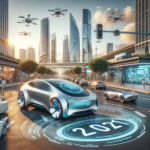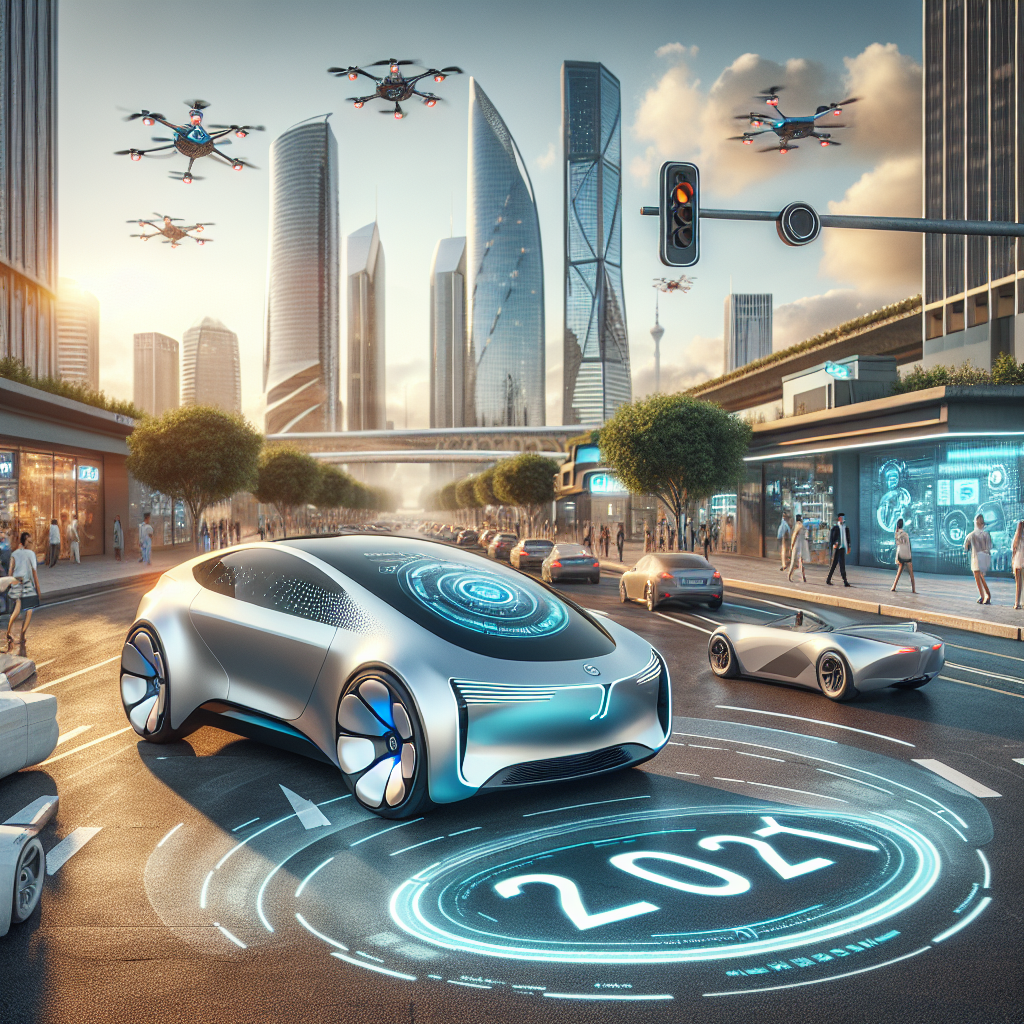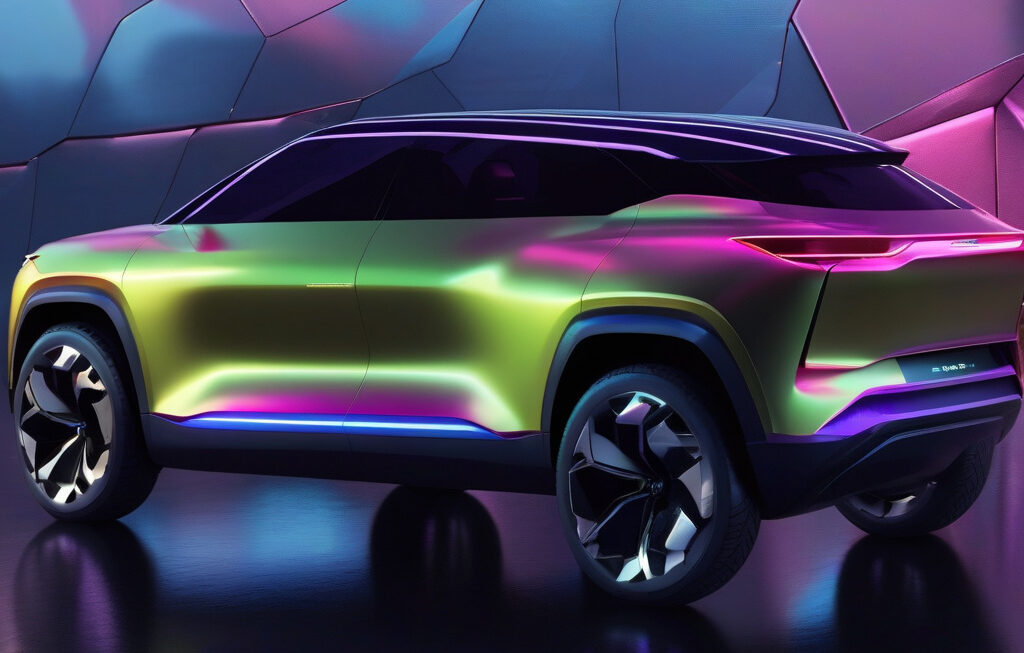Nissan to Launch Next-Generation ProPILOT in 2027: A Game-Changer in Autonomous Driving
Nissan, the renowned automotive manufacturer, is set to revolutionize the realm of autonomous driving with the upcoming launch of its next-generation ProPILOT system in 2027. This cutting-edge technology is poised to redefine the driving experience by seamlessly integrating Lidar, artificial intelligence (AI), and perception technology to navigate through intricate driving scenarios in both urban and highway environments.
The evolution of autonomous driving systems has been a focal point for automotive companies worldwide, with an emphasis on enhancing safety, efficiency, and overall driving convenience. Nissan’s commitment to innovation in this field is evident through the development of the new ProPILOT system, which promises to set new benchmarks in the industry.
One of the standout features of the next-generation ProPILOT is its utilization of Lidar technology. By incorporating Lidar sensors into the system, Nissan enables the vehicle to generate high-resolution 3D maps of its surroundings, facilitating precise detection and identification of objects in real-time. This advanced capability enhances the vehicle’s situational awareness, allowing it to navigate complex environments with a heightened level of accuracy and safety.
Furthermore, the integration of AI into the ProPILOT system empowers the vehicle to make intelligent decisions on the road. Through machine learning algorithms and deep neural networks, the system can analyze vast amounts of data to predict and respond to various driving scenarios effectively. This predictive capability ensures a proactive approach to driving, enhancing not only safety but also efficiency in navigating diverse road conditions.
Moreover, the incorporation of perception technology elevates the ProPILOT system to new heights of sophistication. By enabling the vehicle to interpret and understand its environment through sensor fusion and environmental modeling, Nissan ensures a comprehensive perception of the driving environment. This holistic view enables the system to adapt dynamically to changing conditions, such as traffic congestion, road construction, or adverse weather, thereby enhancing the overall driving experience for users.
The synergistic integration of Lidar, AI, and perception technology in the next-generation ProPILOT system underscores Nissan’s commitment to pushing the boundaries of autonomous driving capabilities. By combining these advanced technologies, Nissan aims to deliver a seamless and intuitive driving experience that prioritizes safety, efficiency, and comfort for users.
As we look ahead to the anticipated launch of the next-generation ProPILOT in 2027, it is evident that Nissan is poised to make a significant impact on the future of autonomous driving. With its innovative approach and cutting-edge technology, Nissan is set to pave the way for a new era of intelligent and autonomous vehicles that will redefine the concept of driving as we know it.
In conclusion, the upcoming launch of Nissan’s next-generation ProPILOT system represents a milestone in the evolution of autonomous driving technology. By incorporating Lidar, AI, and perception technology, Nissan is set to usher in a new era of driving innovation that prioritizes safety, efficiency, and user experience. The future of autonomous driving looks promising, and Nissan is at the forefront of this transformative journey.
Nissan, ProPILOT, AutonomousDriving, Innovation, LidarAI, PerceptionTechnology












